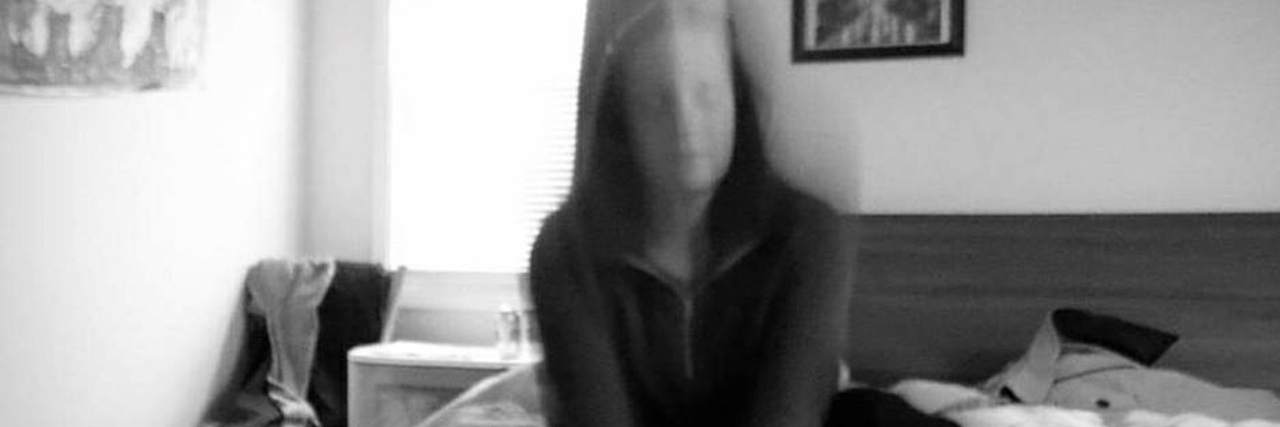I Have Borderline Personality Disorder, and I Can't Remember What I Look Like
It took over a year of intensive therapy before I could admit it. In a quiet and almost afraid voice, I finally said it to my counselor: “I can’t remember what I look like.”
We were knee deep in a 12-week treatment program for post-traumatic stress disorder (PTSD). In therapy, we thoroughly brainstormed all the ways past trauma affected my overall mentality and how I saw the world. The goal was to challenge negative feelings regarding safety and identity and all of those roadblocks that were stopping me from being a functional human. We had gone through DBT together to focus on Emotion Regulation before we even opened the trauma floodgates. I thought that part of me — the weak sense of identity, impulsiveness, affection for self-harm and fear of abandonment — had been addressed and packaged up in a neat, well-understood package.
“I can’t remember what my face looks like unless I’m looking directly at it. When I look at myself in the mirror I’m always surprised. When I look away I immediately forget what I look like.”
And it’s true. I have a vague sense I have a longer face, pronounced cheekbones, brown hair and brown eyes. My ex-husband use to tell me I had a “forehead like a drive-in movie theater.”
I’m not entirely sure how these parts fit together and often worry I don’t look like a ‘normal’ person to anyone else.
It doesn’t make too much sense to me because I have an identical twin sister. I remember what she looks like. I remember every face of every person in my life.
I assumed such a thing was true for everyone. That no one can really picture their own face. Why would they need to?
“I think that might actually be the borderline personality disorder.”
And there it is. The secret part of me with its finger on the “Delete” key, constantly erasing my own sense of who I am. Apparently it’s been deleting my own face. How wildly and cruelly unfair.
I wish there was a happier ending to this confession. That the right cocktail of antidepressants and anti-psychotics have given me back a sense of what I even look like (or, in tandem, how I should dress or do my hair or makeup). But as I type this in the setting of a late afternoon coffee shop, I know I have a blue shirt on, and jeans, and boots. That my hair is pulled back and I do remember I put makeup on.
I have no idea what anyone sees, though.
Follow Darcie’s journey on her YouTube channel.
We want to hear your story. Become a Mighty contributor here.
Lead image via Darcie Hambleton

